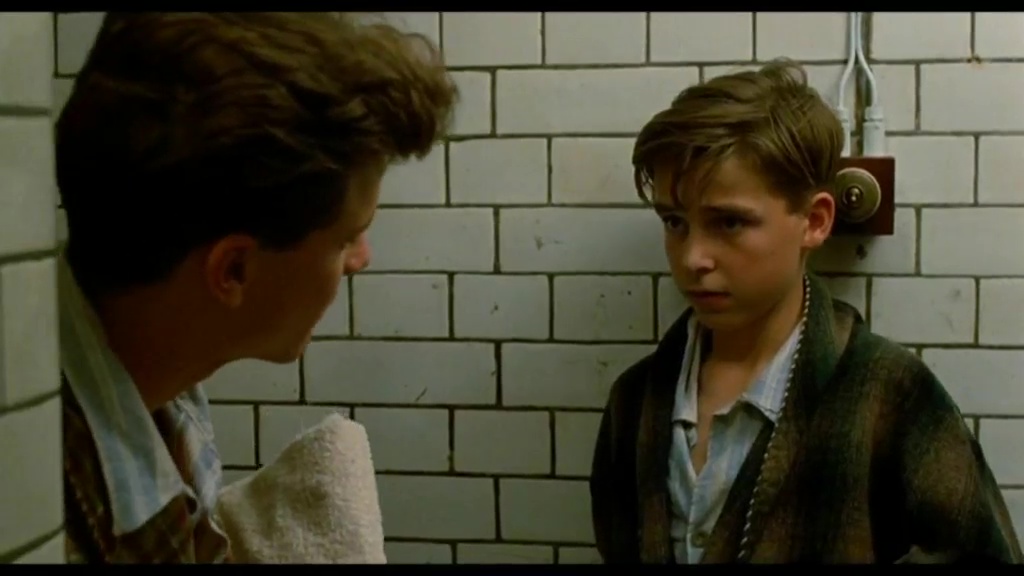I saw this film on an old DVD that had been given away free with some Sunday 'paper. I just managed to save it from the recycling bag.
I must say, I hadn't expected much, but it was still bitterly disappointing. It's beautifully set and, up to a point, quite attractively cast. Colin Firth, it turns out, was marvellous even when he was cute. Rupert Everett, similarly, turns out always to have been awful. But there's Guy of Gisburne from Robin of Sherwood as well, smouldering away in the background looking blond and posh and, well, just smouldering. And there's even a young Cary Elwes - not even bothering to act, but just being posh and cute and lovely and sweet and smiling oh-so-nicely and... Aaah!
And I suppose the rest of the film could so easily have been like that - a sort of Sound of Music with cricket. And one can feel that it's what the filmmakers really wanted to do. But the convention by the 1980s was that beautiful blond young men were always evil, beautiful old schools were evil, the military and the British Empire were always evil - and buggery was a beautiful, liberating thing.
Oh, fuck it! It's moral drivel from beginning to end. It's a film about communists in England at a time when England already knew about the horrors of Lenin and Trotsky. What makes it worse is that it was made at a time just when the whole gruesome Soviet experiment was already starting to fall apart. (Having said that, the BBC made The Curse of Fenric virtually as the Berlin Wall was tumbling. For failing to gauge the mood of the times, no one has ever beaten the British media-Establishment - and that, in some ways, is a comforting thought.)
The goodies are of course gays in denial and sadists and militarists and (worst of all!) praying Christians. Again, the inadequacy of the writing is such that we don't even find out whether they're supposed to be hypocrites or fanatics. All we're supposed to take away (or rather, because this is a film that was really only ever playing to the gallery, it's a prejudice that we're supposed to take to it) is that Christianity and the military are yucky and nasty. And that's all there is to it.
The most interesting characters in the film are Fowler - who is played by far and away the most handsome young hunk on display - and his favourite fag. The fag himself is a standard-issue, handsome little prepubescent love-muffin. But he is the only character towards whom anyone in the film shows any genuine affection or tenderness, and Fowler is the one character who shows it. (It's just one line: 'All right, Tomkins! You've done a decent job on my boots.' or some such.) But then a film that really explored the human condition, and tackled the emotional relationships - hero worship vs. emerging paternal fondness - between young men and younger boys, in school or out, would have been unthinkable in pro-Marxist 1980s Britain.
It would be even more unthinkable now.





